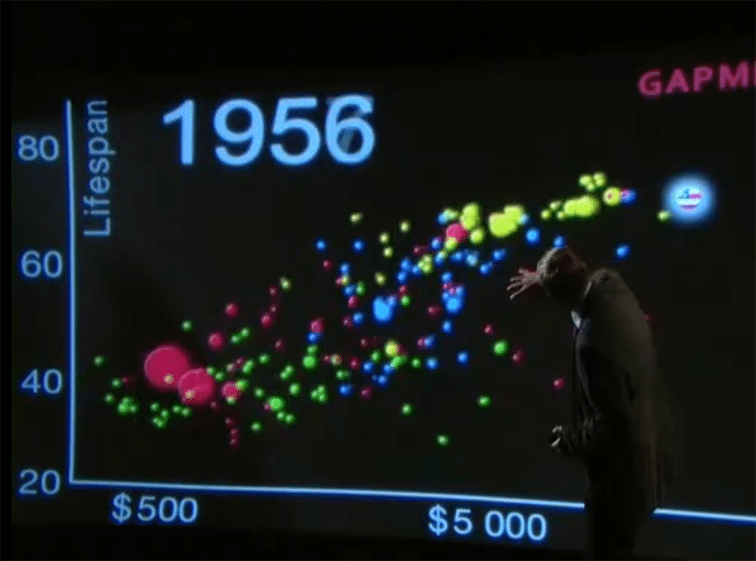While in traffic yesterday NPR stole nearly half an hour of my life with a polemic against Wisconsin Gov. Scott Walker.
It wouldn't be so bad if NPR would just acknowledge that it has a slant in its coverage. That would be one thing. Instead, it pretends to be neutral while airing obviously biased pieces like yesterday's 28 minute one from Ben Calhoun. It starts at the 30 minute mark at
this link.
More than 900,000 people signed a petition in 2011 and 2012 to hold a
recall election intended to remove Walker from office when he took several measures against public unions. Walker ended up winning that election with 53.1 percent of the vote, higher than his 52.25 percent win in 2010 against the same opponent.
NPR followed the story of Josh Inglett, a college student who was vying for a seat on the state college's
board of regents. There are 18 seats, two of which goes to students, and all are nominated by the governor's office and approved by the state senate. Board members appoint university administration members and give money to student groups collected from student activity fees.
After Inglett was nominated by one of Walker's cabinet members but before the senate confirmed him, conservative bloggers matched Inglett's name to one of the people who signed the recall petition. Walker's office took back the nomination.
Calhoun played interview clips from four other people in the piece: Inglett, a state senator who supported Inglett, a judge who lost an election after bloggers revealed that he also signed the petition and one of the conservative bloggers. In all cases, he selected clips to say that Walker was using the petition signatures as an "enemies list" and weaved a narrative that said the GOP is using that list to destroy people.
This is, of course, ridiculous. As demonstrated in Calhoun's own narrative, it was bloggers who combed through the list and put Walker on the spot asking why he nominated someone. It was only after that that the offer for a ceremonial position on a board was taken away.
Signing the recall position was a pretty extreme act, and while people have the right to do it, they need to remember that publicly stating political positions has consequences.
That's Free Speech 101.
If I was so inclined I could write a foolish, angry post calling president Obama a socialist. I'm not going to do it, but technically, I could. If I chose to do that and was later set to appear in a White House photo op, shouldn't I expect trouble when the post comes to light?
Calhoun makes a big deal that Inglett is a registered Republican and says that he supports Walker, but only signed the petition on a whim because he thought it would save his mom from being fired from her substitute teaching job. He later added that he doesn't regret signing it. That's a major contradiction and I don't buy it. I also noticed that since Walker got what he wanted there was no mention about Inglett's mom losing her job after all.
There was also a part where Calhoun said he spoke to
Joe Voiland, the new judge who outed petition-signing Tom Wolfgram, but we never hear Voiland himself speak. I imagine it's because he made too many good points when he spoke and it might turn out
like this:
When Voiland announced his candidacy in January and called Wolfgram out for signing the petition, the judge said his signature was "not a political statement" in opposition to the governor.
Voiland described the explanation as "misleading hogwash."
Wolfgram got to talk on the program, but was paraded out like his signature was meaningless. We're told that he is a loyal Republican who signed it because Walker's anti-union actions happened too fast for the public to weigh in.
"Misleading hogwash" sounds about right. Can't any of these people own their actions?
Speech has consequences, and despite this report's attempts to act like signing a recall petition is a trivial affair, no one here should be surprised what happened. People were held accountable for taking sides, nothing more.
Read more...







